The new minimalists of New York
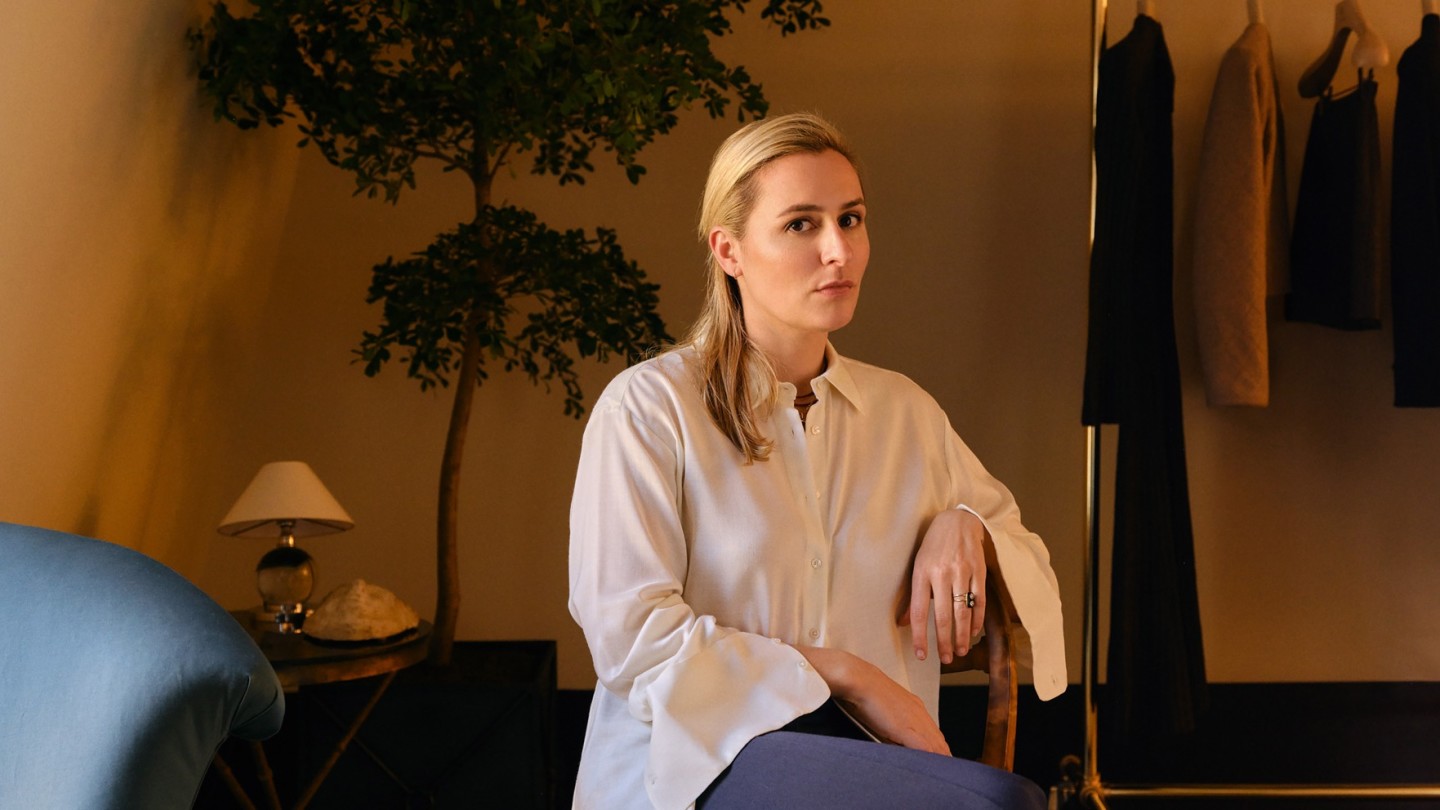
Simply sign up to the Fashion myFT Digest -- delivered directly to your inbox.
Many assumed Isabel Wilkinson Schor’s New York-based womenswear line Attersee was a natural outcome of her years-long proximity to fashion brands – after all, she worked as T Magazine’s digital director, and before that, was an editor at The Cut. The decision, rather, was a way of fixing pain points she experienced simply as a woman who wears clothes.
“I felt that I never wanted to be corporate in the way I dressed for those jobs, [but] I was sitting for long stretches of the day,” says Wilkinson Schor. “I would react violently and physically to a pair of pants that dug into my stomach, or a dress with a button that hit wrong.” She found luxury clothes too pricey and difficult to wear all day, every day. So, in 2021, she started selling her own.
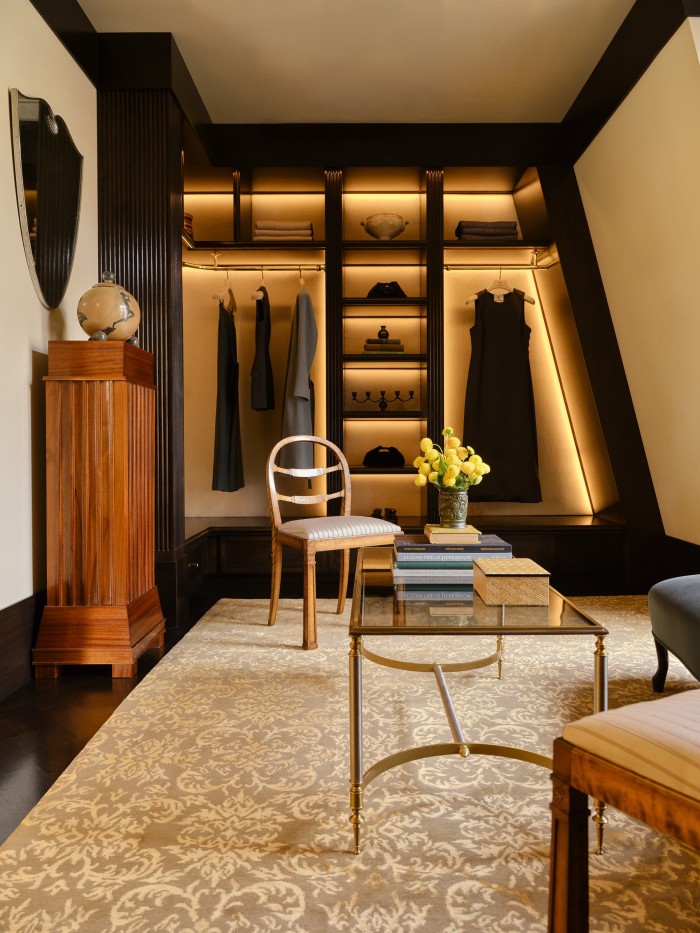
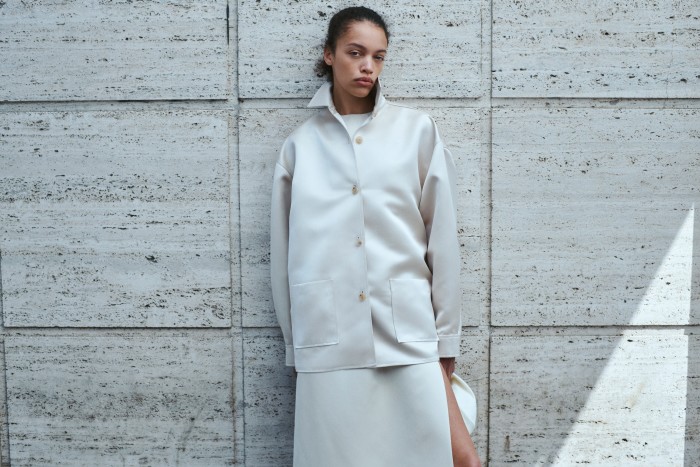
Although pared back, Attersee’s offering is peppered with small but discerning deviations from the norm. Structured vests (from £395) are cinched to create an hourglass silhouette; a draped jersey dress (£1,273) falls from a mock neckline that slants into a mandarin collar from the back; pleat-front cigarette pants are clad in muted emerald satin. Most are made to work seamlessly with other designs in the collection, and be worn from day to night – a cliché, yes, but for good reason.
The brand has a new by-appointment shopping studio on the Upper East Side and hosts seasonal shopping events in places such as Connecticut, California and Florida – as well as having a growing customer base in Europe. Attersee shoppers, who range from corporate lawyers to women in the arts, all gravitate towards different designs; they are all as selective as Wilkinson Schor. “They are informed, they are students of silhouette,” she says. “They have strong opinions about what’s flattering.”
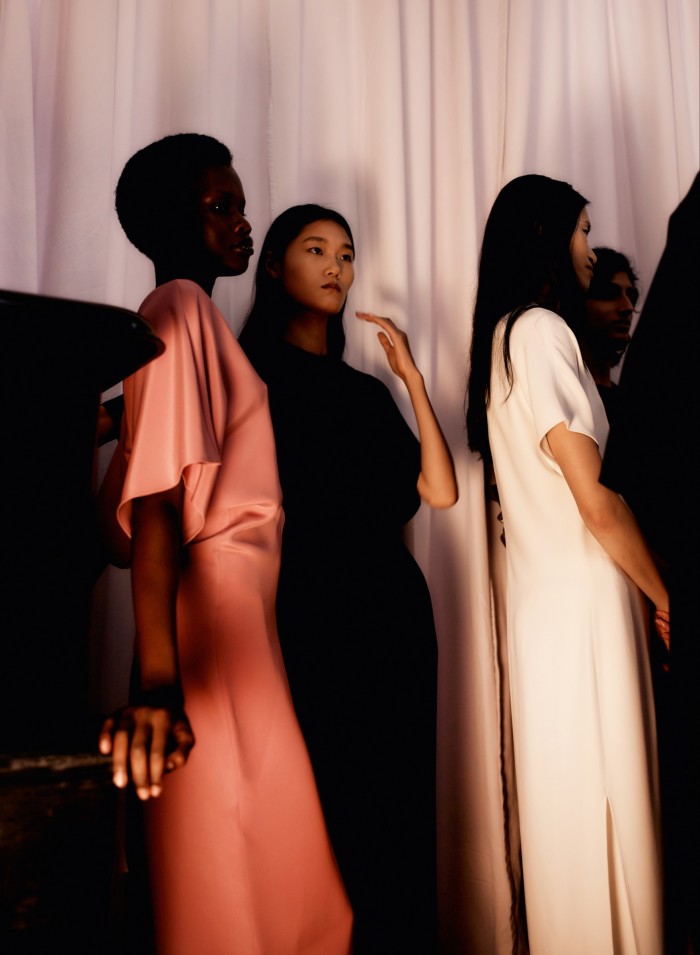
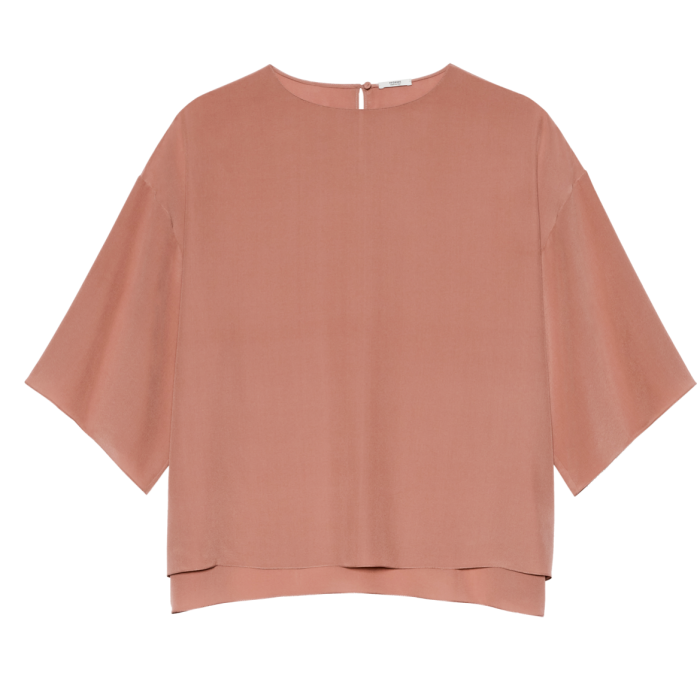
Fforme silk crepe Ingo T-shirt, $1,290
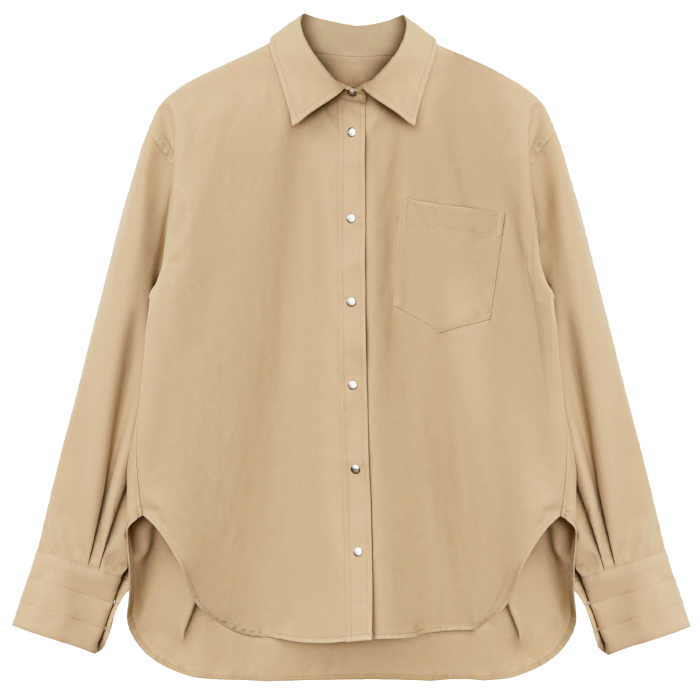
Maria McManus organic cotton snap shirt, $400
Attersee is part of a cohort of womenswear labels filling a need for flattering and design-forward wardrobe staples. There’s more than a hint of ’90s minimalism to the look and feel of these brands: take Maria McManus’s popular oversized shirt (from $380); a draped-back knitted top ($1,600) from Fforme, started by The Row alum Paul Helbers; Partow’s flared midi skirts (from £1,272); or Kallmeyer’s easy suiting (trousers and vests from $425 each). Each are easy-to-wear, logo-free pieces that wouldn’t look out of place on a kerbside Carolyn Bessette-Kennedy.
“There are times and moments that you want really emotional clothes, like a wedding,” says Elizabeth Giardina, who took on the creative director role at Another Tomorrow in 2022. “But most of your life is spent in clothes that are inherently timeless. The way those things were put together in the ’90s makes a lot of sense.”
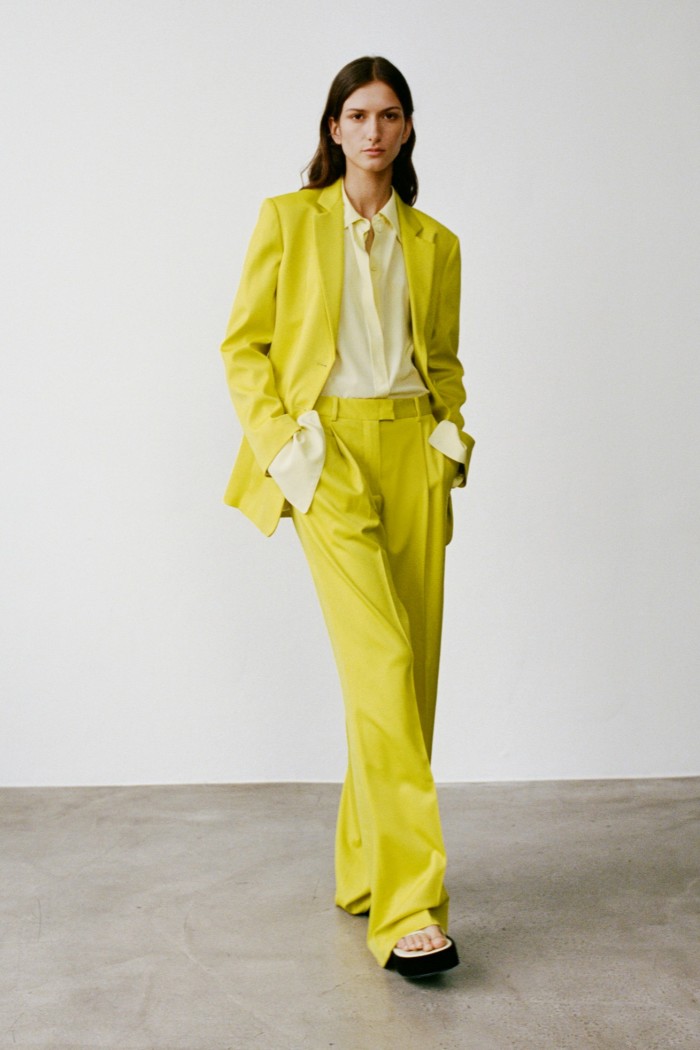
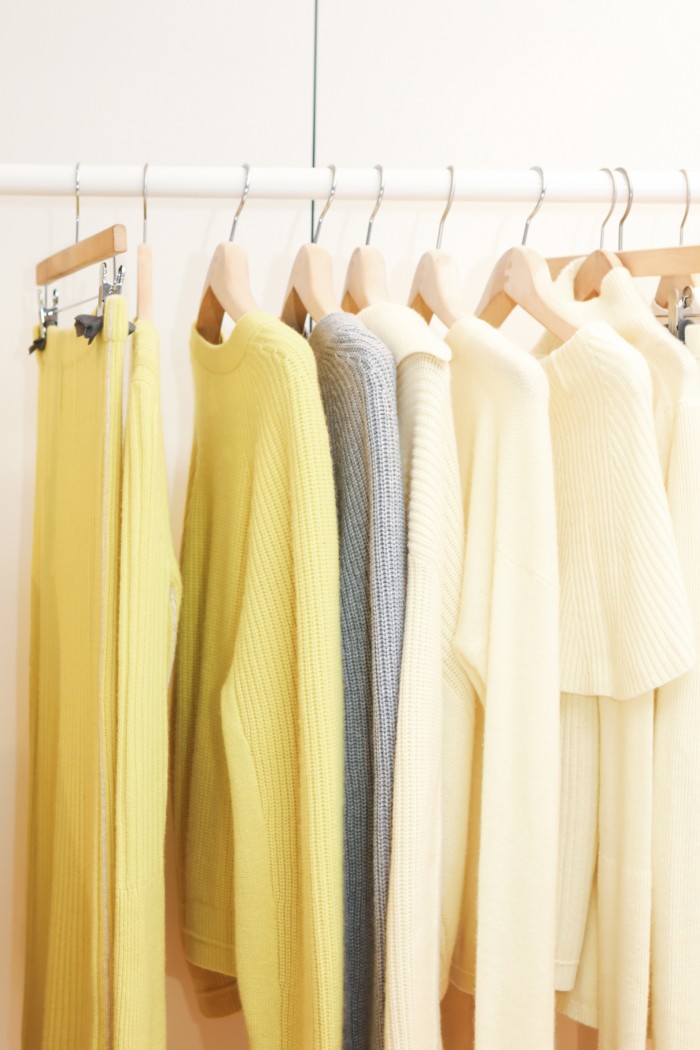
Another Tomorrow, which more than doubled its business annually in its first three years, makes essentials in FSC-certified 100 per cent organic cotton, as well as impeccably tailored wool suits and statement pieces like a tomato-red fringed top and skirt. The brand doesn’t use materials like horn or mother-of-pearl for animal-welfare reasons, instead opting to cover and hand-stitch buttons on tailored items so they sit flat on the garment. All these details allow Another Tomorrow to satisfy the standards of office attire, as well as supply the building blocks for more casual dress codes.
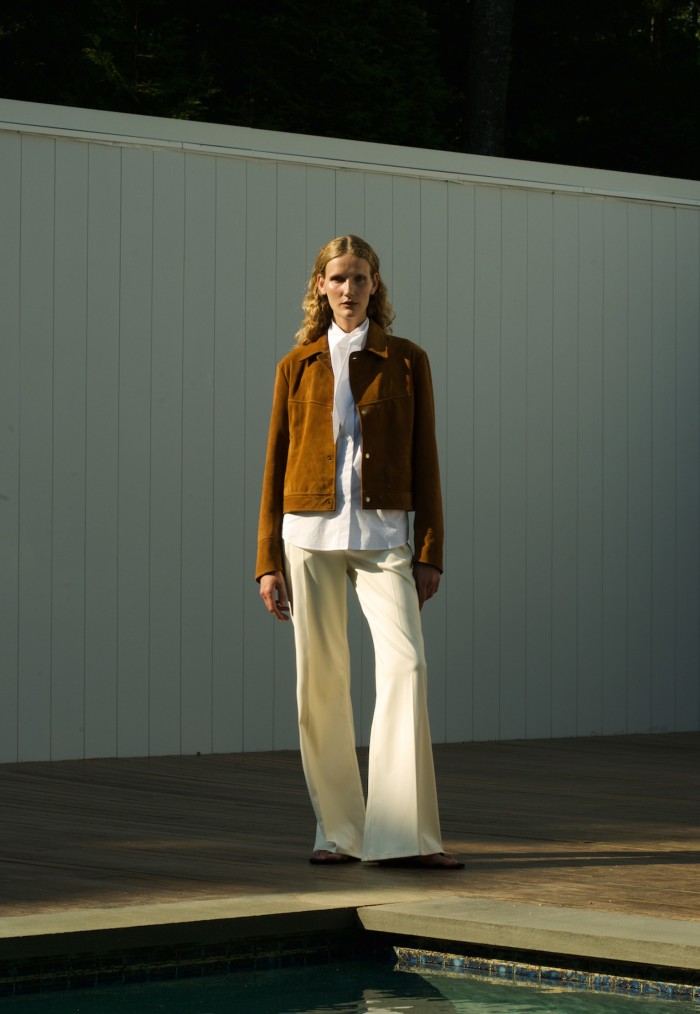
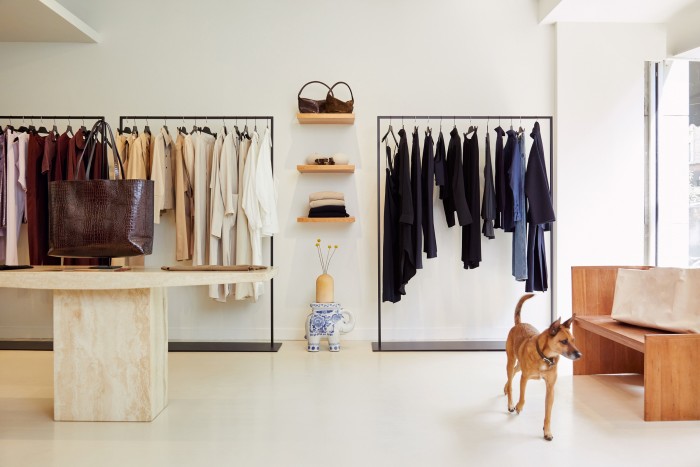
This approach to a more fluid wardrobe signals the rising demand for clothes that aren’t categorised as corporate or leisurewear – rather, they work for both, says Anny Choi. She spent seven years at American Vogue before going freelance as a bridal stylist and creative consultant. “My personal style has changed so much since I made the switch from editorial to what I’m doing now,” she says.
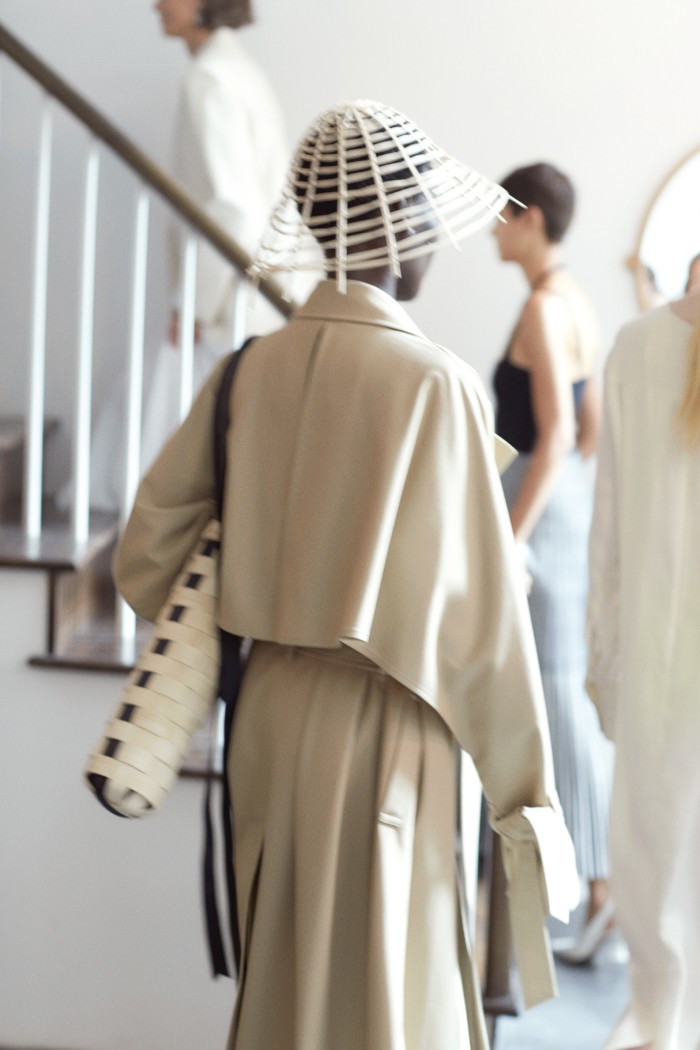
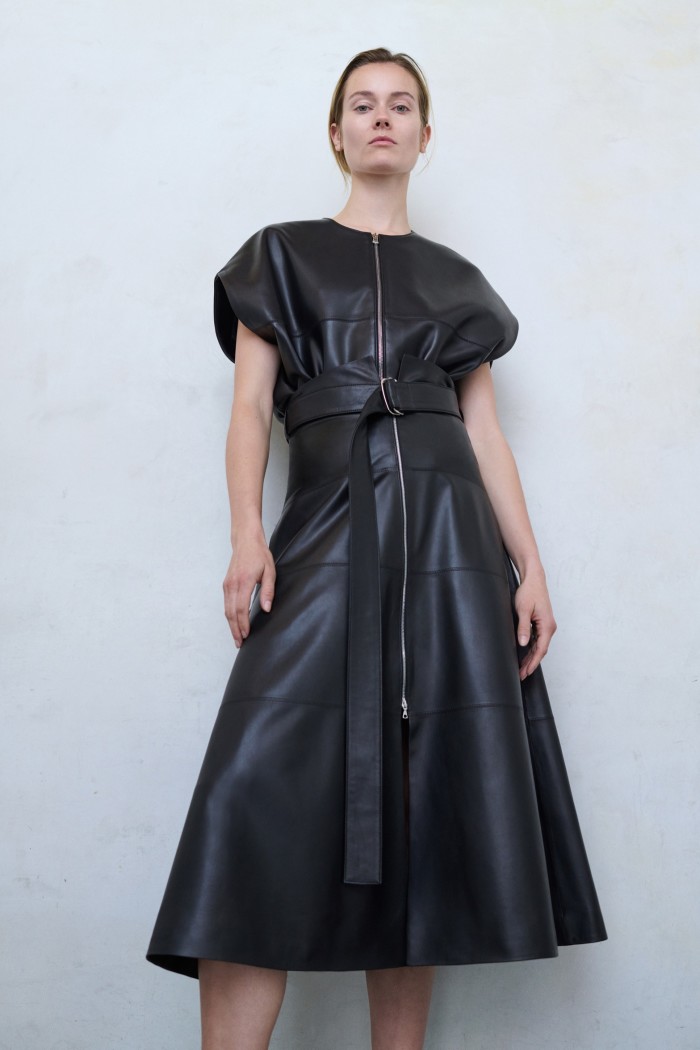
Like Wilkinson Schor, Choi finds that much of luxury fashion is covetable in theory but difficult to wear in practice. “Yes, I love that oversized coat but, in real life, how much wear am I going to get if I’m dragging it around the streets and subway?” Choi buys her statement pieces from The RealReal and Vestiaire Collective, and shops at these contemporary brands to fill in the gaps: she will layer an Attersee wrap over a blue button-down, paired with a Celine SS16 lace-hemmed dress and leather riding boots.
Price tags are, of course, noteworthy: with the global average of luxury prices 25 per cent higher in 2022 than in 2019, according to London-based retail intelligence company Edited, these designers are occupying a lower range than the most expensive luxury brands, while still focusing on quality fabrications and a timeless silhouette. “There are a lot of brands making ‘timeless’ and ‘minimal’ products, but there are not a lot who are making it with the partners we’re working with,” says Giardina, who recalls visiting Another Tomorrow’s factories in Bergamo, Italy, after joining the brand. “A kilometre away were the fields where we were growing linen for the following year’s production. It was like a chef going to the farm for the first time.”
For Wilkinson Schor, making fashion easier is still a big part of her ethos. “I feel the most powerful when I have control over what I’m wearing – like having a sash around my waist that I can adjust,” she says. “So many women in my life feel like they’re constantly switching between all these different modes. If you can find a few pieces that can be with you during many of those transitions, we’ve done our jobs.”
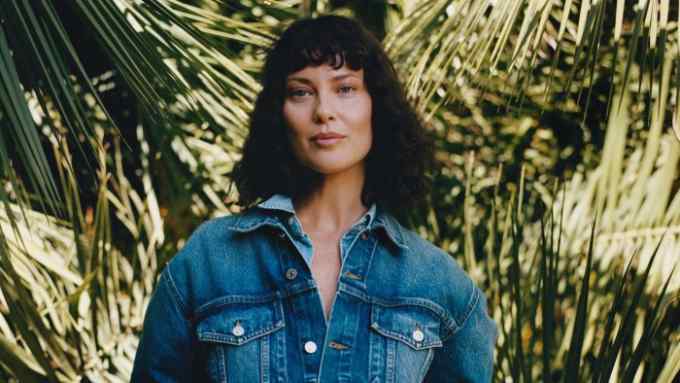
Comments